Can Trump Stop Offshore Wind in New England?
Regardless, we’ll fight to keep offshore wind moving forward for the sake of cheaper energy and a healthier future.
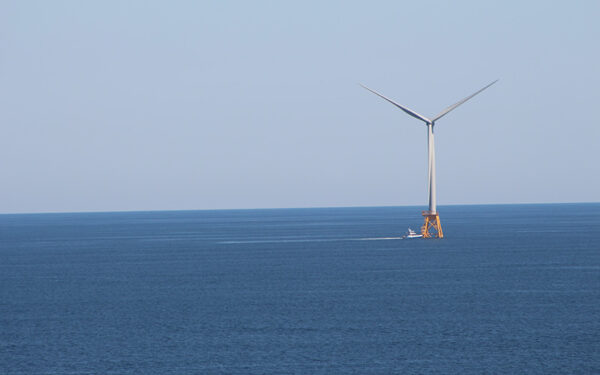
Regardless, we’ll fight to keep offshore wind moving forward for the sake of cheaper energy and a healthier future.

My friend told me about her involvement with Conservation Law Foundation. When she introduced me to Tom Irwin, Vice President of New Hampshire, I was impressed with the range of work that CLF did and how it centered its work around climate and environmental justice. I was inspired to donate and join the New Hampshire… Continue reading Shanika Amarakoon

A New Hampshire state report rings alarms for the lead poisoning crisis, with 1,142 children poisoned by lead in 2023. This is the highest number of children poisoned since the state began requiring blood lead testing for one- and two-year-olds.

The Trump administration may try to attack our ocean, but we’re ready to fight back.
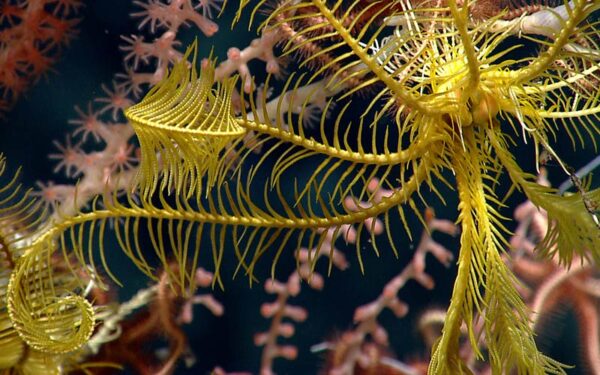
When I boarded a yellow school bus from South Central LA to Pacific Palisades each day, no one in either neighborhood was talking about climate change. But times have changed, and the unprecedented fires in Los Angeles are showing us what climate change looks like.
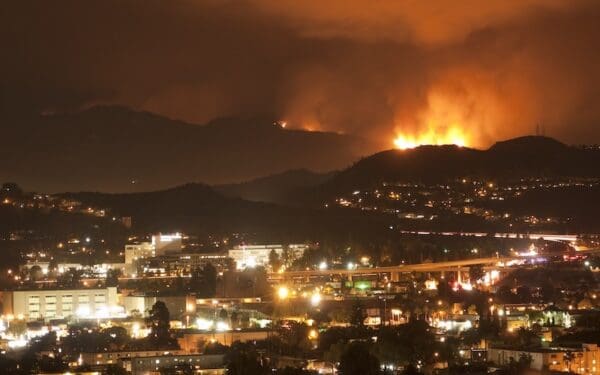
New research shines a light on Atlantic cod’s falling populations.
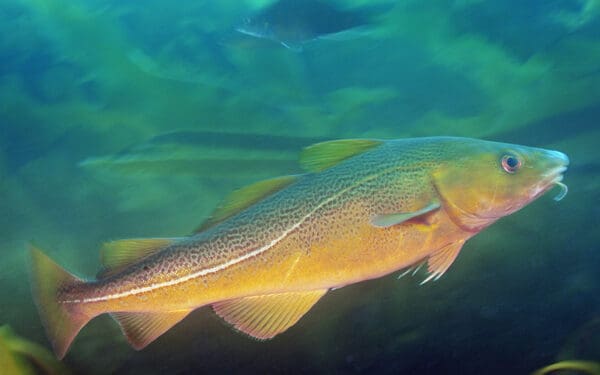
Open-ocean, finfish aquaculture might seem like an efficient alternative to traditional commercial fishing but these fish farms cause tremendous damage to New England’s environment.
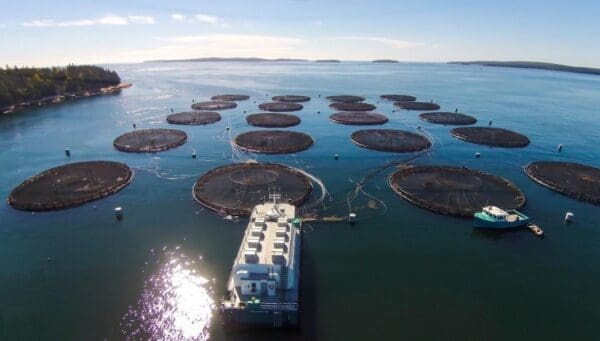
CLF’s new director of research and metrics has spent her career examining health inequity. Now, she brings an ambitious goal to CLF: addressing environmental health disparities across New England.
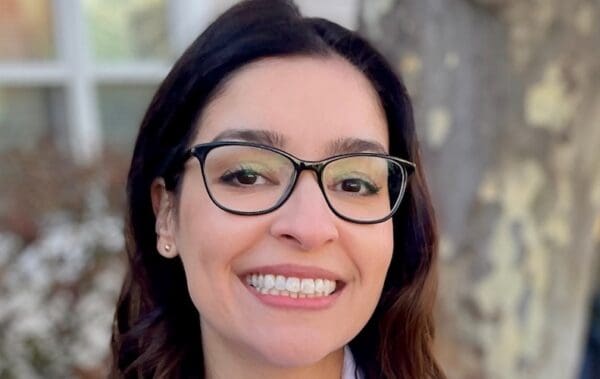
New England’s drinking water is under threat from dangerous chemicals. Toxic per- and poly-fluoroalkyl substances, otherwise known as PFAS or “forever chemicals,” infiltrate water because they are widely used in consumer, commercial, and industrial products.

The Inflation Reduction Act, the most extensive climate legislation ever passed in the United States, is now under threat thanks to Donald Trump’s pledge to unravel it.
